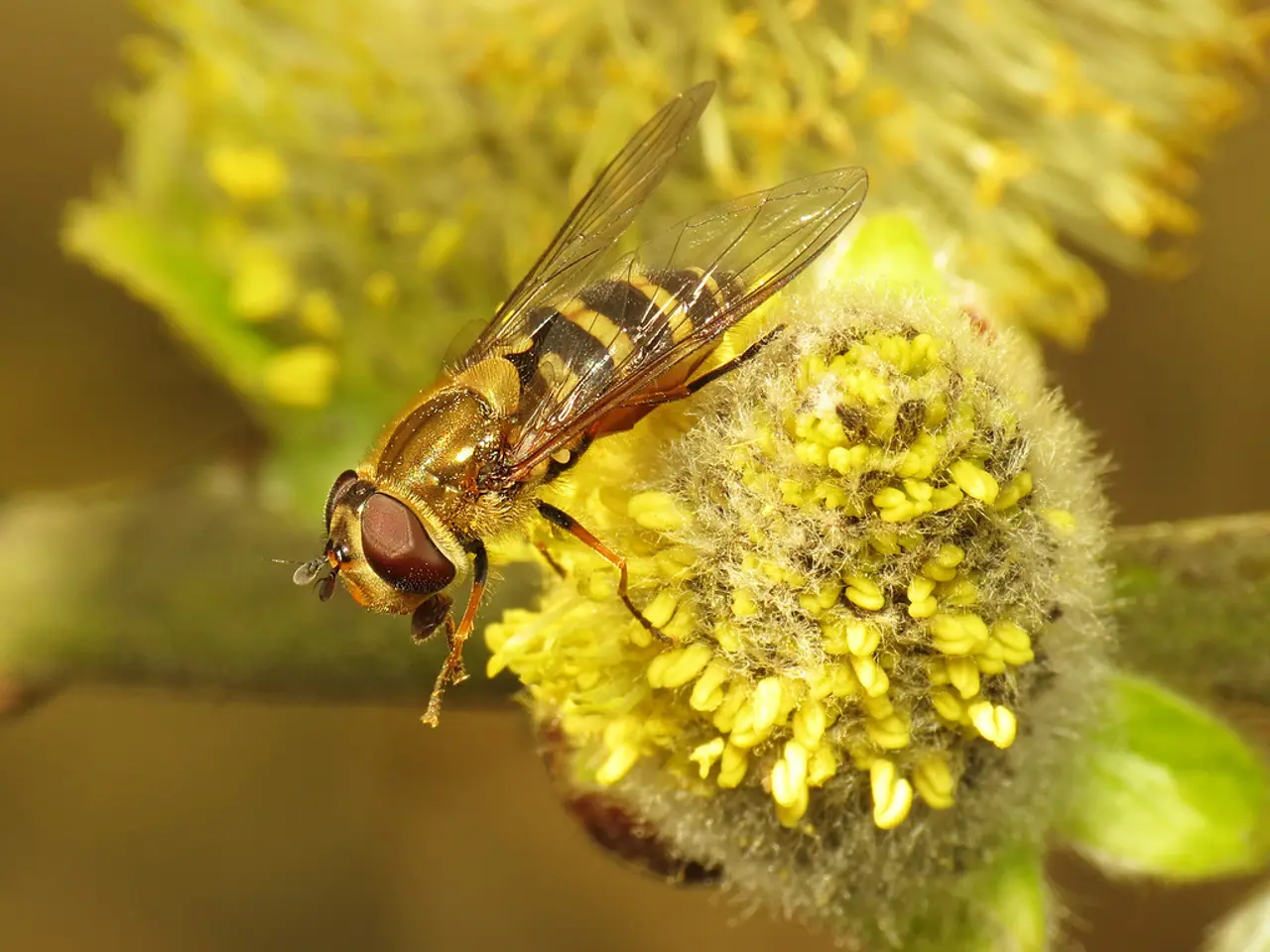Manuka Honey: A Luxury Honey Explained
Comparing Cost and Worth: Navigating the Market for Authentic Manuka Honey
Why does Manuka honey cost more than regular honey? Let's get to the bottom of it.
Manuka honey has been nicknamed the "super honey" due to its extraordinary health benefits. But from remote New Zealand forests to high-tech labs, the path to your pantry isn't a walk in the park for Manuka honey. Its uniqueness and scarcity play a significant role in its hefty price tag.
Why isn't Manuka honey like every other honey?
- Limited Geographic Production: Not just anyone can produce Manuka honey. It can only be made from the nectar of Manuka trees (Leptospermum scoparium), which grow solely in New Zealand and certain parts of Australia.
- Supply Challenges: The production process is affected by unpredictable weather conditions, bee health issues, and other environmental factors that lower yields and increase costs.
- Counterfeiting and Adulteration: Up to 50% of Manuka honey sold worldwide may be fake or adulterated. Strict regulations and technology are required to verify authenticity, inflating the cost.
- Strict Regulations and Certification Standards: New Zealand, EU, and US export standards, coupled with labeling requirements, increase market participation costs and ensure product integrity.
- High Production Costs and Market Dynamics: Producers face high costs for hive management, disease control, and processing, while dealing with low prices and market domination by large companies.
- Sustainability and Ecosystem Protection: Sustainable practices are crucial to protect the delicate Manuka ecosystem, which adds to production costs but ensures long-term viability.
- Growing Demand and Diverse Applications: The medical and skincare sectors drive demand for Manuka honey, leading to willingness to pay premium prices. Innovative product formats, like honey gummies and protein bars, further fuel market growth and premium pricing.
Is the Price Worth It?
The unique properties of Manuka honey are largely due to its well-documented antibacterial and medicinal qualities. These properties, supported by clinical research, justify its high cost compared to other honeys. Strict standards for labeling and certification aim to ensure consumers receive genuine products with the claimed bioactive properties, providing value.
While the premium pricing varies due to market dynamics and quality classification rules, the extraordinary health benefits offered by Manuka honey make it worth the investment for many consumers.
- scientific research recognizes the unique properties of Manuka honey, providing support for its medical applications.
- some medical conditions, such as wounds, infections, and digestive health issues, may benefit from the use of Manuka honey.
- chronic diseases, like diabetes and cancer, have been linked to increased susceptibility to respiratory conditions, which Manuka honey may help alleviate.
- eye health, hearing, and skin care are also areas where Manuka honey has shown potential, with promising results in certain studies.
- fitness and exercise enthusiasts may incorporate Manuka honey into their routine for improved endurance and recovery, while aiding in sexual health and overall family health.
- autoimmune disorders and neurological disorders, such as multiple sclerosis and Parkinson's disease, have been subjects of research involving Manuka honey therapies and treatments.
- climate change and environmental science are increasingly important factors in the production and sustainability of Manuka honey, as changes in temperature and rainfall patterns may impact the Manuka ecosystem.
- investors in the health and wellness industry may be interested in the potential growth of Manuկa honey as a niche product with diverse applications.
- medicare and financial planning can play a role in determining if the cost of Manuka honey is covered or affordable for consumers.
- CBD, a cannabis-derived compound, has shown promise as a potential treatment for various conditions and may be combined with Manuka honey for enhanced benefits.
- space and astronomy have also influenced the Manuka honey industry, with research suggesting its potential use as a food source for long-duration space missions.
- advances in cybersecurity, technology, and artificial intelligence have contributed to the development of tools and tests for verifying the authenticity of Manuka honey.
- the lifestyle sector, including fashion and beauty, food and drink, home and garden, and personal finance, are all impacted by and influence the Manuka honey market.
- businesses, especially those in the workplace-wellness sector, may consider offering Manuka honey as a beneficial addition to their employee benefits plan.
- environmental concerns and sustainability practices are crucial for maintaining the quality and long-term viability of the Manuka honey industry.
- mental health and men's health are significant areas of research and application for Manuka honey, particularly in the realm of stress reduction and cognition enhancement.
- skin conditions such as acne, eczema, and aging skin may find relief through the use of Manuka honey-based skin care products.
- women's health, including fertility and pregnancy, may also benefit from the use of Manuka honey, although further research is needed.
- parenting, cardiovascular health, and relation ships can all play a role in determining the relevance and value of Manuka honey in daily life.
- with the growing trend of holistic health and wellness, Manuka honey's unique qualities and broad range of applications make it an appealing choice for consumers looking to prioritize their health and wellbeing.
- as we move forward, the Manuka honey industry will continue to evolve, with new discoveries and innovations driving its growth and impact on the lives of consumers worldwide.




